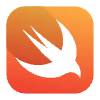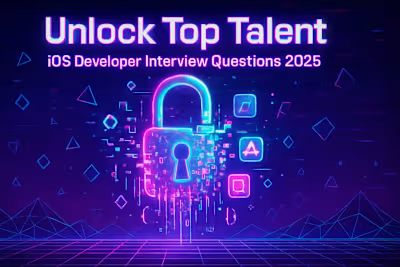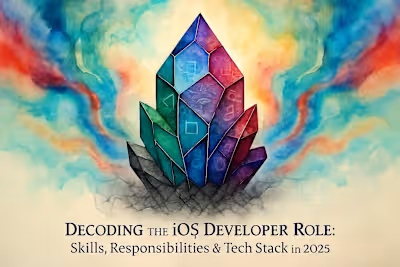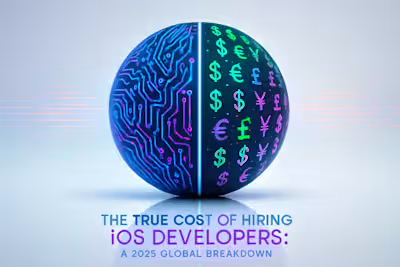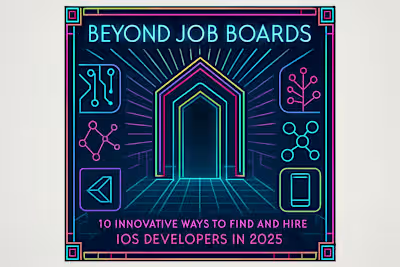Freelance iOS Developer vs. Full-Time Hire: Which is Right for Your Project in 2025?
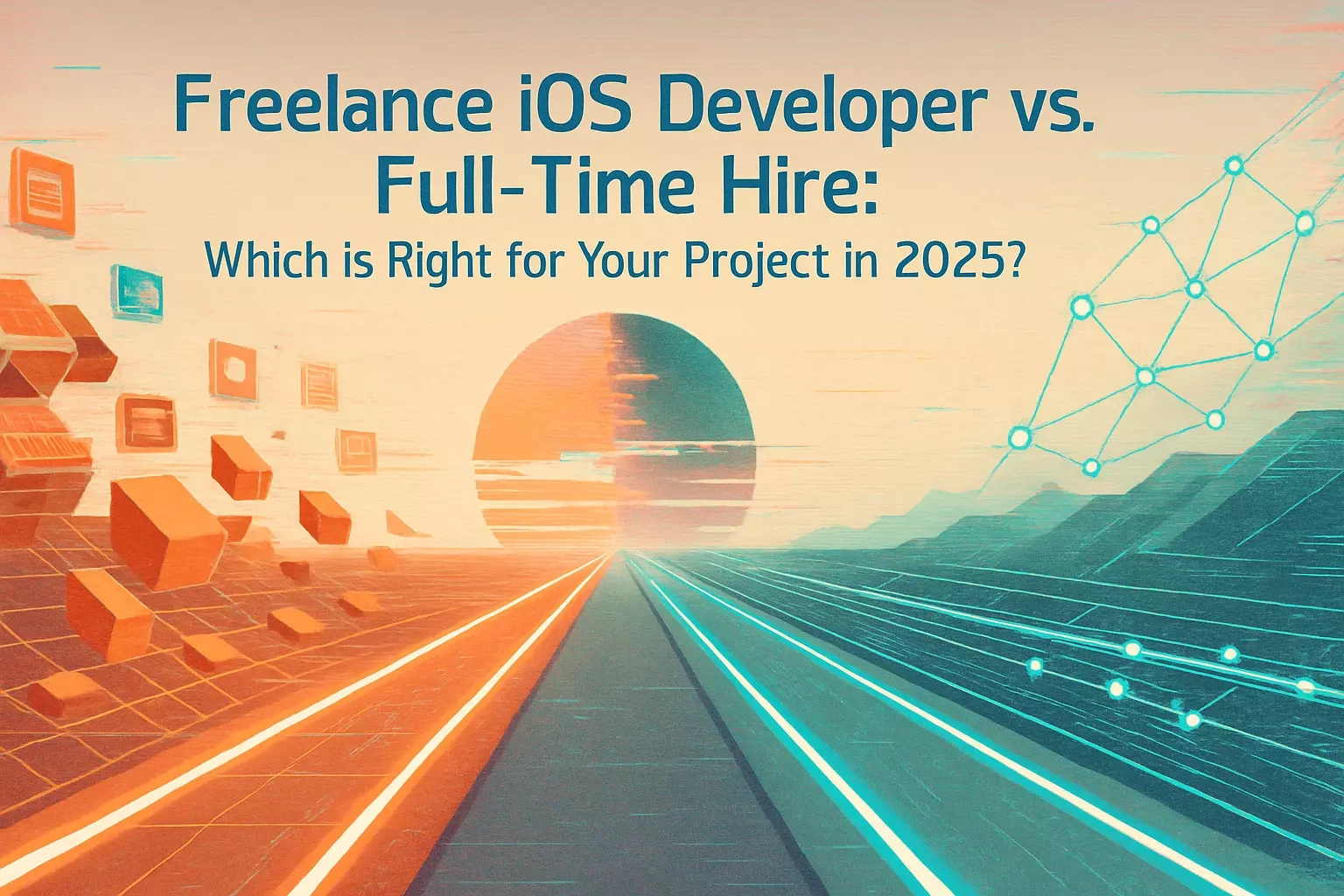
Freelance iOS Developer vs. Full-Time Hire: Which is Right for Your Project in 2025?
Understanding the Core Differences
What is a Freelance iOS Developer?
What is a Full-Time iOS Developer?
Pros and Cons of Hiring Freelance iOS Developers
Advantages of Freelancers
Disadvantages of Freelancers
Pros and Cons of Hiring Full-Time iOS Developers
Advantages of Full-Time Employees
Disadvantages of Full-Time Employees
Cost Comparison: Freelance vs. Full-Time in 2025
Freelancer Cost Structure
Full-Time Employee Cost Structure
When is Each Model More Economical?
Project Suitability: Matching the Model to Your Needs
When to Hire a Freelance iOS Developer
When to Hire a Full-Time iOS Developer
Hybrid Approaches: Combining Freelance and Full-Time
Managing and Integrating Your Chosen Hire
Best Practices for Managing Freelancers
Best Practices for Integrating Full-Time Developers
Conclusion: Making the Strategic Hiring Choice for Your iOS Project
References
Freelance iOS Developer vs. Full-Time Hire: Which is Right for Your Project in 2025?
Understanding the Core Differences
What is a Freelance iOS Developer?
What is a Full-Time iOS Developer?
Pros and Cons of Hiring Freelance iOS Developers
Advantages of Freelancers
Disadvantages of Freelancers
Pros and Cons of Hiring Full-Time iOS Developers
Advantages of Full-Time Employees
Disadvantages of Full-Time Employees
Cost Comparison: Freelance vs. Full-Time in 2025
Freelancer Cost Structure
Full-Time Employee Cost Structure
When is Each Model More Economical?
Project Suitability: Matching the Model to Your Needs
When to Hire a Freelance iOS Developer
When to Hire a Full-Time iOS Developer
Hybrid Approaches: Combining Freelance and Full-Time
Managing and Integrating Your Chosen Hire
Best Practices for Managing Freelancers
Best Practices for Integrating Full-Time Developers
Conclusion: Making the Strategic Hiring Choice for Your iOS Project
References
Posted Jun 12, 2025
Deciding between a freelance or full-time iOS developer? Analyze the pros, cons, costs, and project suitability for each hiring model in 2025.


